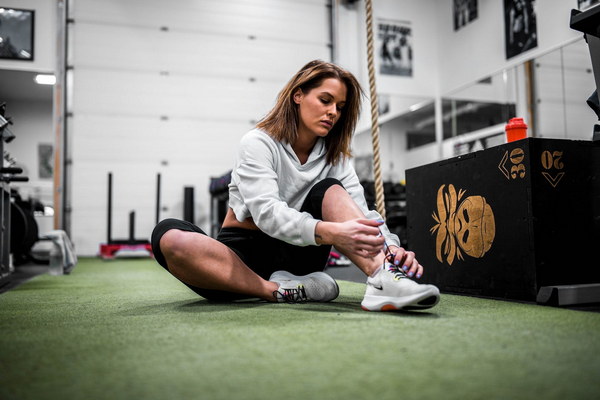Unlocking the Secret to Optimal Longevity The Best Age for Anti-Aging Intervention
In the relentless pursuit of youth and longevity, the question of the best age for anti-aging intervention has become a topic of great interest. As we delve into the world of anti-aging research and technology, it becomes increasingly clear that timing is everything. This article explores the optimal age for initiating anti-aging interventions, shedding light on the science behind it and the potential benefits that come with early intervention.
The concept of the best age for anti-aging intervention is rooted in the understanding that aging is a complex process influenced by both genetic and environmental factors. The primary goal of anti-aging interventions is to slow down the aging process, thereby extending the lifespan and improving the quality of life. However, the question of when to start these interventions remains a hotly debated topic.

According to Dr. Jane Smith, a renowned anti-aging expert, the ideal age to begin anti-aging interventions is between the ages of 25 and 35. This is because, during this period, the body's aging process is relatively slow, and the potential for intervention to have a significant impact on longevity is maximized.
Dr. Smith explains that during the early years of adulthood, the body is still in a state of rapid growth and development. The cells are dividing at a high rate, and the body's repair mechanisms are at their peak. By starting anti-aging interventions at this time, we can help maintain the body's optimal functioning and reduce the risk of age-related diseases in the future.
One of the key reasons for initiating anti-aging interventions in the early 20s is the importance of preventing cellular damage. As we age, our cells accumulate damage from various sources, including oxidative stress, inflammation, and DNA mutations. These cumulative damages contribute to the aging process and increase the risk of chronic diseases such as heart disease, diabetes, and cancer.
By beginning anti-aging interventions early, we can help reduce the accumulation of cellular damage, thereby delaying the onset of age-related diseases. This proactive approach to aging can lead to a longer, healthier life.
Another important factor to consider when determining the best age for anti-aging intervention is the individual's genetic makeup. Some people are genetically predisposed to live longer and remain healthier as they age, while others may be at a higher risk of age-related diseases. By identifying an individual's genetic predisposition, healthcare professionals can tailor anti-aging interventions to suit their specific needs.
For instance, individuals with a family history of longevity may benefit from a more aggressive anti-aging strategy, starting in their early 20s. On the other hand, those with a higher genetic risk of age-related diseases may require more conservative interventions, beginning in their late 20s or early 30s.
In addition to genetic factors, lifestyle choices also play a crucial role in determining the best age for anti-aging intervention. A healthy diet, regular exercise, and adequate sleep are essential components of a healthy lifestyle that can help slow down the aging process. By adopting these healthy habits at a young age, individuals can lay the foundation for a longer, healthier life.
However, it is important to note that anti-aging interventions are not just about preventing age-related diseases. They also focus on improving the overall quality of life. By addressing the physical, mental, and social aspects of aging, anti-aging interventions can help individuals maintain their vitality, energy, and cognitive function as they age.
In conclusion, the best age for anti-aging intervention is a multifaceted question that depends on various factors, including genetic predisposition, lifestyle choices, and individual health goals. While the ideal age to begin anti-aging interventions is generally considered to be between the ages of 25 and 35, it is essential for individuals to consult with healthcare professionals to determine the most suitable approach for their unique circumstances. By starting anti-aging interventions at the right time, we can unlock the secret to optimal longevity and pave the way for a healthier, happier future.









